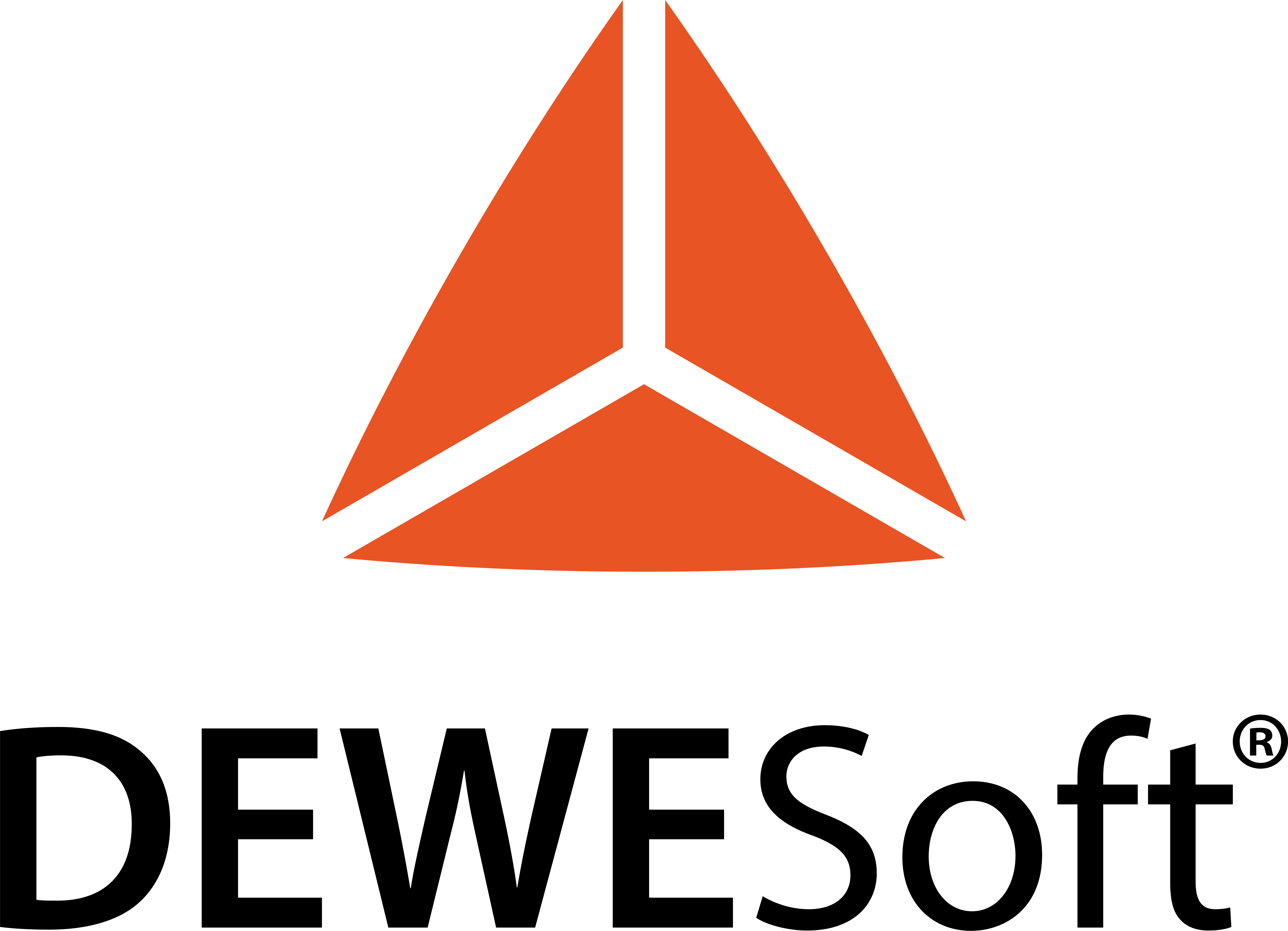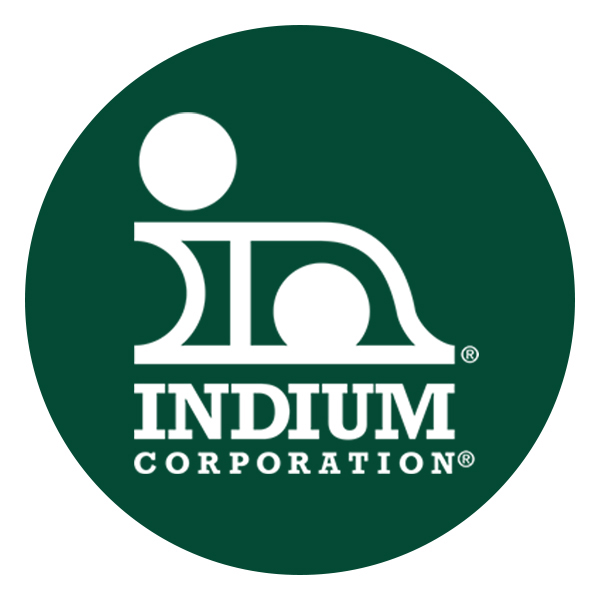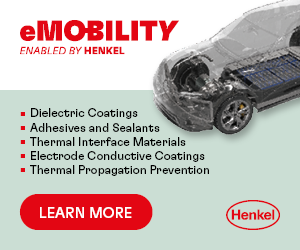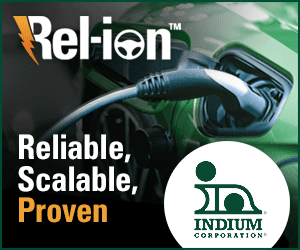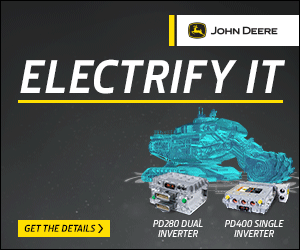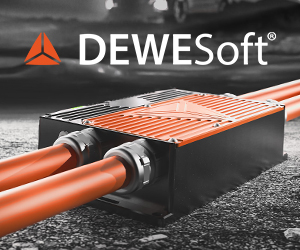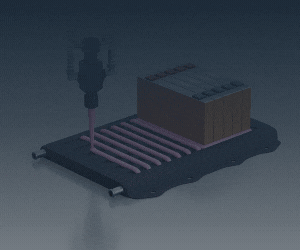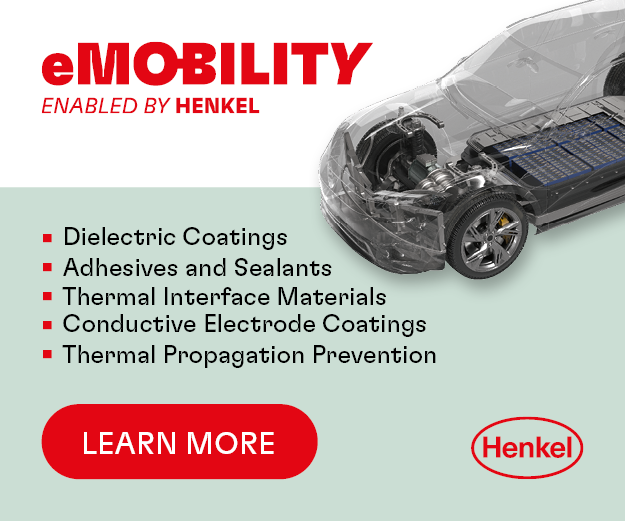Head of Bosch Mobility Solutions talks EV tech
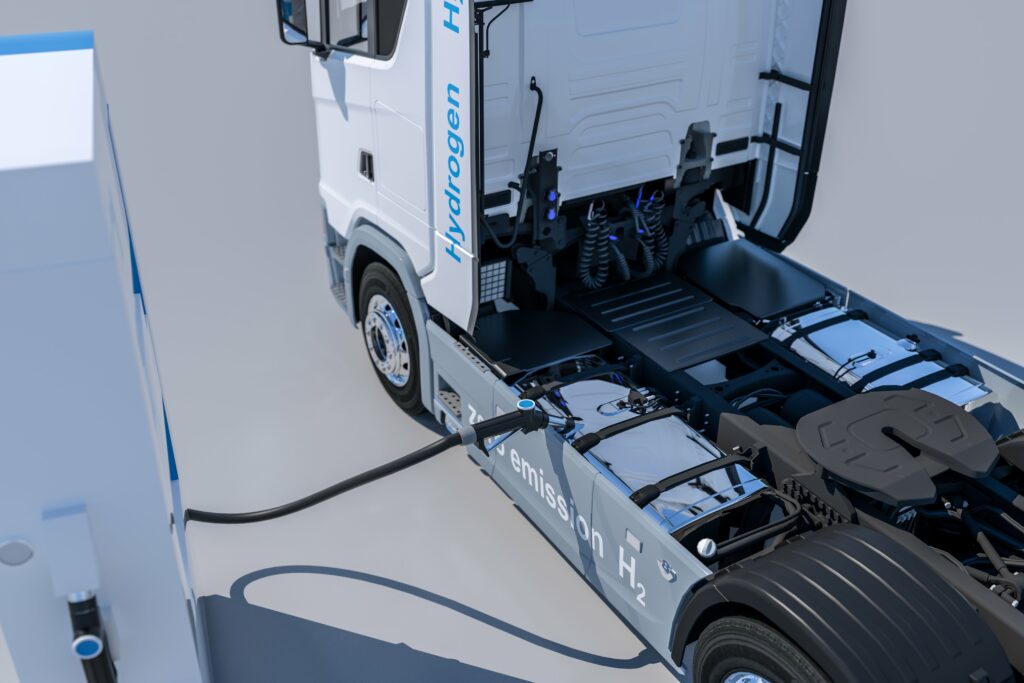
(Images courtesy of Bosch)
Arun Srinivasan, head of Bosch Mobility Solutions in the UK, says that, as a Tier 1 automotive supplier, the company is well-placed to assess which technologies in which sectors are best placed to reduce the environmental impact of road transport, particularly by eliminating tailpipe emissions (writes Peter Donaldson).
“If you focus on air quality, passenger car electrification is perhaps the most important for that, and we in the UK are well on the way with that,” he says. “The charging network has room for improvement, but that aside, I think the path is almost set.
“We also see medium-duty hub-to-hub transportation as something that can be electrified with a combination of battery-electric platforms and hydrogen fuel cells, with the ability to charge or refuel at both ends of the route. I think hub-to-hub transportation is really going to take off.
“Fuel cell EVs will continue to work well in the coach and bus sector, but long-distance trucking, we believe, will be hydrogen-based.”
For small and medium-size trucks, the focus with hydrogen is on fuel cell powertrains, and Bosch has a joint venture with Qingling Motors in China that involves more than 100 trucks that have accumulated over 100,000 miles worth of data while assessing various duty cycles.
Srinivasan sees fuel cells as a good option for 7.5-ton trucks in markets such as short-distance haulage. “We can size the battery adequately and still have enough payload capability, but heavy duty I think is tending more towards hydrogen engines,” he says.
Bosch Mobility Solutions in the UK is working on more than 100 projects on hydrogen engines and related subsystems, with some focused on direct fuel injection, for example, and others on port injection suitable for retrofitting existing fleets.
“It is still an IC engine, but it is accepted in Europe and the UK from a zero-emissions perspective,” Srinivasan says. “That is an area in which Europe in particular is a leader in building a backbone of heavy-duty trucking and hydrogen filling stations.”
He also believes that hydrogen-engined heavy trucks are highly relevant to the UK, and says Bosch is working with the government to elicit support for the infrastructure. “Trans-European trucks bring food in from Europe, and we will need enough filling stations for those trucks,” he says.
With more than 2.5 million inverters delivered since 2010, more than 1.5 million DC-DC converters and a total of over 8.5 million power modules, Bosch is investing in power conversion technologies including silicon carbide (SiC). This is part of a wider effort to improve overall energy efficiency in EVs, both with new individual technologies and systems engineering, Srinivasan explains.
“SiC semiconductors can improve efficiency in an electric powertrain by about 6% – a major contribution from one enabling technology,” he says. “If you expand the discussion to software-defined vehicles that use the data embedded in individual control units, we are beginning to draw on a huge amount of information that still needs to be optimised from a systems perspective, so I think the opportunity is there.
“This is exactly where we can bring in various domains such as automated driver assistance, steering and powertrain together in software, which is one of our main focus areas when it comes to the future of automotive technology.”
In a time of rapid technological change, choosing those in which to invest – picking winners – requires careful consideration and a wide field of view. “We study trends around the world, and not only in terms of technology,” he says. “We look at geopolitics from a corporate perspective, and invest a lot in r&d.
“There is a host of long-term, broad horizon research and scouting that happens there. I think it gives us a pretty good insight and the ability to invest both internally and externally.
“We are in the process of acquiring a SiC business in the US, TSI Semiconductors. We strongly believe that the growth of that market, which gave us the confidence to invest,” he says. “Hydrogen is another big bet.”
Calculated risks such as this are supported by extensive internal validation testing and discussions with customers around the world. “We use our knowledge, market penetration and influence, and we create markets where we believe it’s possible,” Srinivasan says.
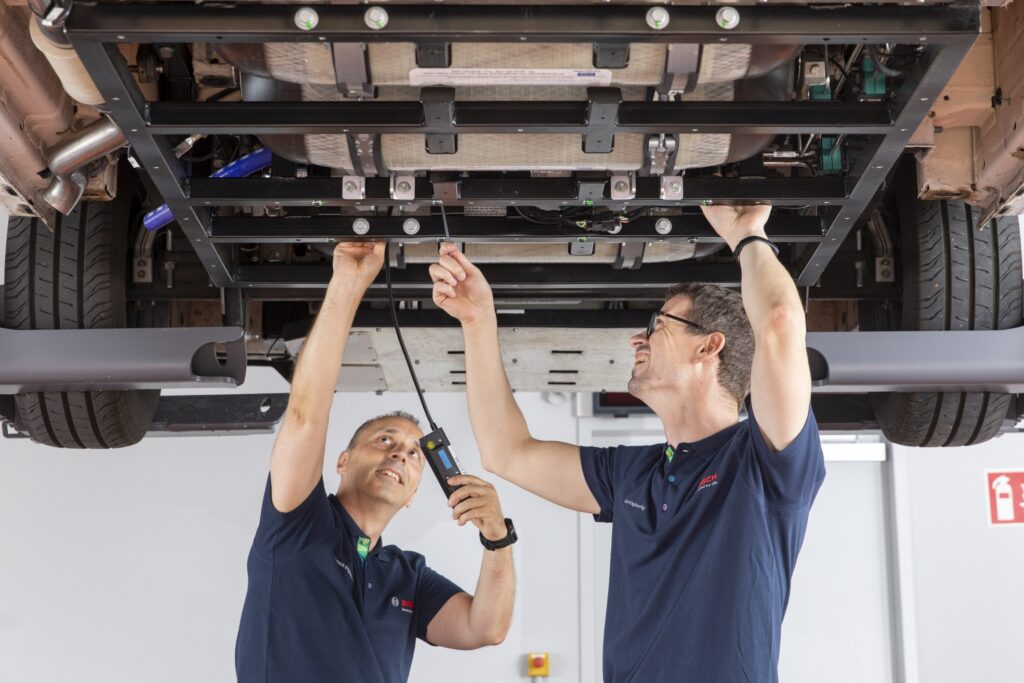
“Equally, we are not shy about experimenting and working with start-ups. We have a venture capital arm which invests in start-ups and new technologies.”
Much of the positive impact of EVs depends on reliable and plentiful electric power to the grid from green sources, which is not under the control of automotive OEMs or Tier 1 suppliers, so Bosch engages with various government, industry and consumer bodies in what amounts to lobbying in favour of investment in energy infrastructure.
“Ensuring the availability of energy is a very significant part of what we would do with others in this transformation, but we will definitely not be stepping into the energy business ourselves, apart from helping to produce hydrogen through electrolysis of water,” Srinivasan says. “To that end we will offer Bosch electrolysers.”
The company already offers containerised proton exchange membrane electrolysers and is working on ones based on solid oxide fuel cell technology. Essentially, feeding electricity and water into a cell stack is akin to driving a fuel cell in reverse, splitting the water into its component hydrogen and oxygen.
While Bosch has decided not to get involved in batteries, it observes their development closely. “I think there is a lot of promise in solid-state batteries and sodium as an alternative to lithium, and it is gathering pace,” Srinivasan says.
ONLINE PARTNERS



